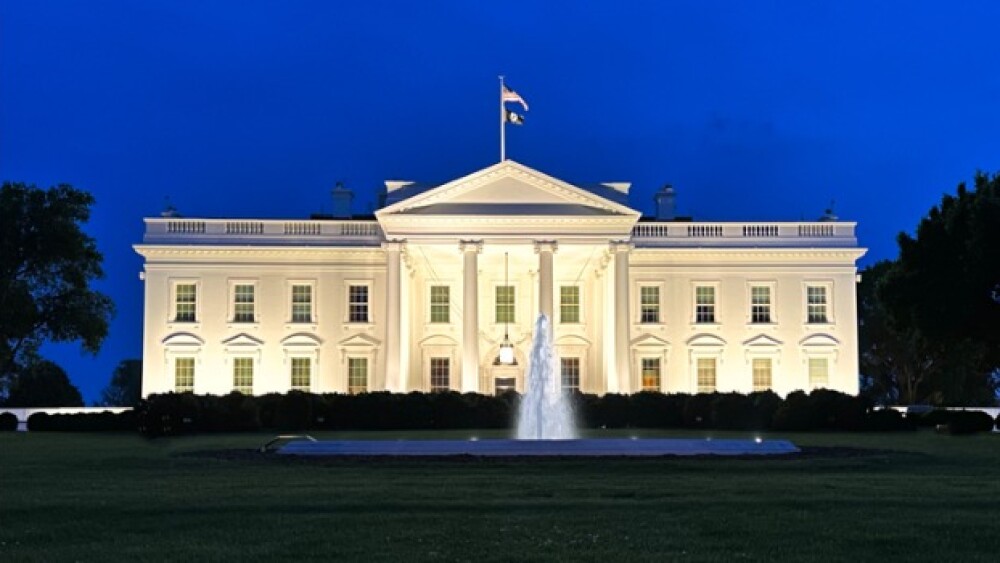The Biden administration on Thursday said 48 drugs covered under Medicare’s Part B may be subject to inflation rebates in the first quarter of 2024 under the Inflation Reduction Act.
Pictured: White House/iStock, Danny Kronstrom
Pharmaceutical companies have come under fire from the White House for the second time in as many weeks. The Biden administration announced Thursday “dozens” of drugmakers will be required to pay inflation rebates back to the Centers for Medicare and Medicaid Services due to “price gouging.”
Under the Inflation Reduction Act (IRA), CMS has come up with a list of 48 Medicare Part B drugs that raised their prices faster than inflation and “may be subject to inflation rebates in the first quarter of 2024,” according to the agency’s announcement.
The White House contends that the IRA will save some seniors who take the 48 Medicare Part B drugs from their yet undisclosed list “as much as $2,786 per average dose.”
CMS said in its press release that it will issue invoices for the rebates to the drug companies involved starting in 2025, including years 2022, 2023 and 2024.
The White House’s press release specifically called out Signifor, an endocrine disorder drug developed by Novartis, for raising prices faster than inflation every quarter since the IRA passed into law in August 2022.
“Some Medicare beneficiaries who take Signifor could save $311 per monthly dose starting January because of the law,” according to the Biden administration.
Last week, the White House announced its intention to invoke “march-in rights” to take back patents of expensive medications whose research relied on federal funds. While use of march-in rights is not likely to be widespread, Department of Health and Human Services Secretary Xavier Becerra said in a statement that it is a “powerful tool” to help “ensure that the benefits of the American taxpayer’s investment in research and development are reasonably accessible to the public.”
HHS on Thursday also announced that the Administration for Strategic Preparedness and Response (ASPR) is making fair pricing a standard part of contract negotiations for medical products.
In September 2023, ASPR finalized a Project NextGen contract—a government initiative to advance new vaccines and therapeutics faster and at lower cost—which was signed by Regeneron, agreeing that if pharma’s COVID-19 treatment is commercialized, its list price in the U.S. will be equal to or less than retail price in comparable global markets.
Similar language has also been added to agreements with a handful of other vaccine developers like CastleVax, Codagenix and Gritstone Bio, the first three vaccines selected for development under Project NextGen, the Biden administration said.
Pharma companies have been fighting the IRA’s Drug Price Negotiation Program in court, with lawsuits claiming the Medicare negotiations are unconstitutional. They say it will force companies to sell at lower-than-market value and threaten R&D in the future for new and innovative medicines.
However, as of October 2023, all 10 of the pharma companies whose products were selected in the first round of Medicare price negotiations begrudgingly agreed to participate in the talks under the IRA.
A recent report found that if the Medicare price negotiation program had been in effect in 2021, out of pocket costs for Part D participants would have dropped 23% for patients on the 10 costliest drugs at the time.
Kate Goodwin is a freelance life science writer based in Des Moines, Iowa. She can be reached at kate.goodwin@biospace.com and on LinkedIn.






